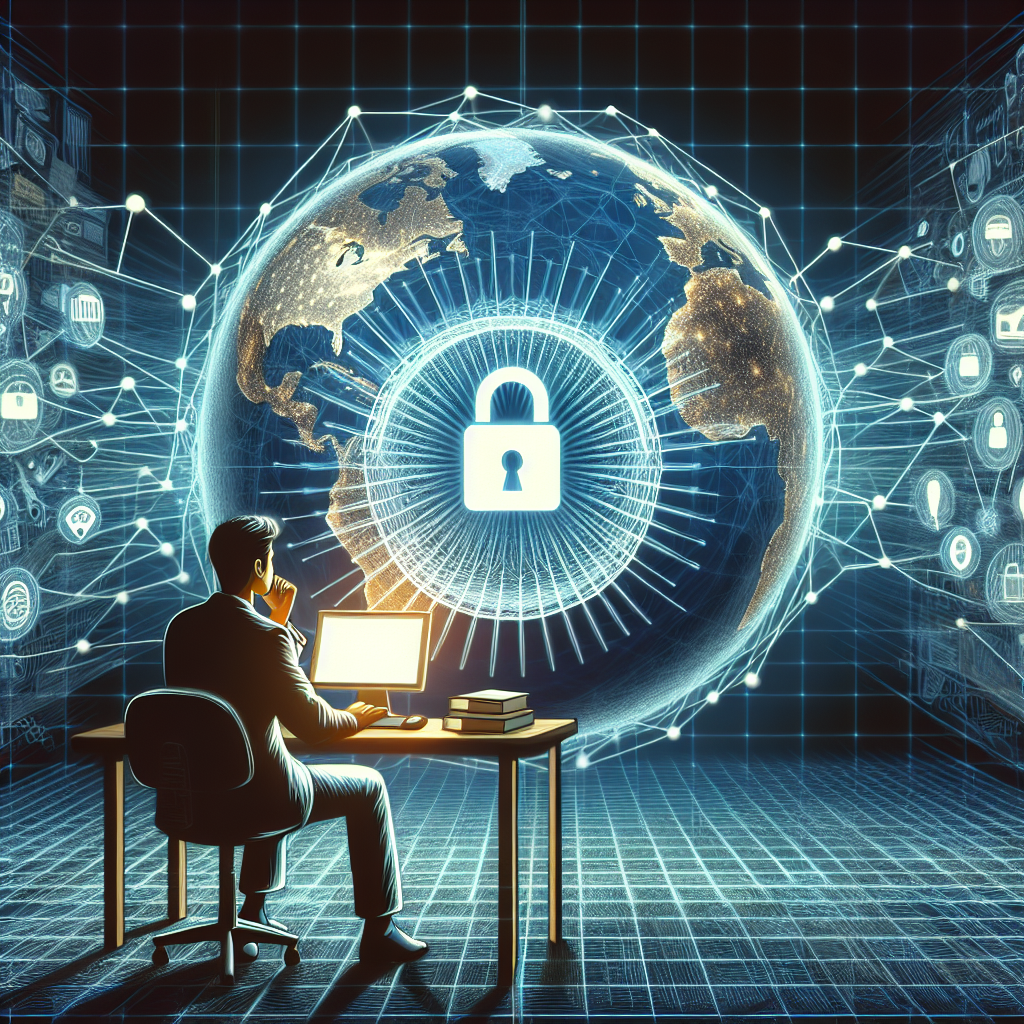Understanding the complexities of technology is a challenging task for most people. One technology that is increasing in popularity, especially due to the need for enhanced security online, is a Virtual Private Network, commonly known as a VPN. But what exactly is a VPN, and why is it considered essential for every internet user? What benefits does it offer, and what potential challenges might you encounter when using it? This article will provide an in-depth understanding of VPNs and why they are an indispensable tool for efficient and secure internet usage.
What is a VPN?
A Virtual Private Network (VPN) is a tool that provides privacy and data security for internet users. It creates a secure and encrypted connection over a less secure network, such as the internet. A VPN functions by masking your IP address, so your online actions are virtually untraceable. More importantly, a VPN establishes secure and encrypted connections to ensure greater privacy than even a secured Wi-Fi hotspot can provide.
How Does a VPN Work?
When you connect your computer or another device, such as a smartphone or tablet to a VPN, the computer acts as if it’s on the same local network as the VPN. All your network traffic is sent over a secure connection to the VPN. The device uses the VPN’s internet connection to browse the web, surf websites, or converse online. The VPN forwards the request for you and forwards the response from the website back through a secure connection. The primary benefit of a VPN is that it allows the user to securely access local network resources, even when out of the country. It can also be used to bypass internet filters.
Beyond Basic Online Privacy
Online privacy, including masking and encrypting your online activities from prying eyes, is the most significant role of a VPN. However, VPNs can do so much more than that. They can protect you from being logged while torrenting, unblock geographically restricted access, mask browsing activities from your router or ISP, provide higher security when logging to public Wi-Fi networks and enhance your online anonymity, among other advantages.
Potential Challenges with VPNs
As advantageous as VPNs can be, they are not perfect. Some common challenges associated with VPNs include speed loss, potential disconnections, complexity in setup and maintenance, and issues with mobile VPNs, which can be overcome by selecting reliable VPN service providers and understanding how to operate them effectively.
Conclusion
To navigate successfully through the digital world with ample security and privacy, it is crucial for internet users to understand what VPNs are and how they work. VPNs offer more than just online privacy. They provide security, freedom and an overall peace of mind that your data cannot be accessed by unauthorized parties. Despite minor potential challenges and inconveniences, the benefits of VPNs far overshadow the drawbacks. Hence, a VPN is indeed essential for every internet user.
FAQs
- What does VPN hide?
VPN hides your IP address and masks your online activities. It ensures that your browsing history, downloads, and other communications are encrypted and secure.
- Can VPNs be hacked?
Though a VPN protects your data by encrypting it, it is still possible, albeit challenging, for a VPN to be hacked. However, reputable VPN providers continuously update their security measures to prevent such occurrences.
- Why should I pay for a VPN?
While there are free VPN services available, they usually come with limitations. Paid VPNs often offer unlimited data, multiple servers across different regions, and higher speeds, making them more efficient for regular use.
- Does a VPN improve internet speed?
A VPN itself does not improve your internet speed. However, it can prevent speed throttling by hiding what you’re doing online from your ISP, which some might do based on the services you’re using.
- Can I use a VPN on my smartphone?
Yes, you can use a VPN on your smartphone. Most reputable VPN service providers offer mobile apps thus making it easy to secure your online activities, even when you’re on the go.

